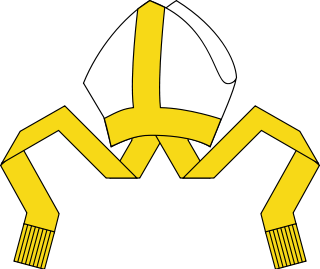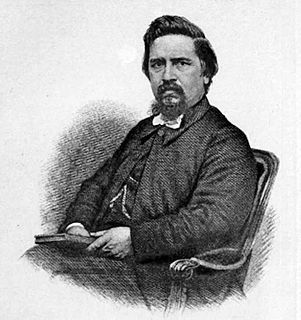A Quote by John of Salisbury
A man is free in proportion to the measure of his virtues, and the extent to which he is free determines what his virtues can accomplish.
Quote Topics
Related Quotes
The science of psychology has been far more successful on the negative than on the positive side... It has revealed to us much about man's shortcomings, his illnesses, his sins, but little about his potentialities, his virtues, his achievable aspirations or his psychological health... We must find out what psychology might be if it could free itself from the stultifying effects of limited, pessimistic and stingy preoccupations with human nature.
The definitions of humanism are many, but let us here take it to be the attitude of those men who think it an advantage to live in society, and, at that, in a complex and highly developed society, and who believe that man fulfills his nature and reaches his proper stature in this circumstance. The personal virtues which humanism cherishes are intelligence, amenity, and tolerance; the particular courage it asks for is that which is exercised in the support of these virtues. The qualities of intelligence which it chiefly prizes are modulation and flexibility.
There must be only three supreme values which govern a person's life: Reason, Purpose, and Self-esteem. Reason, as his only tool of knowledge--Purpose, as his choice of the happiness which that tool must proceed to achieve--Self-esteem, as his inviolate certainty that his mind is competent to think and his person is worthy of happiness, which means: is worthy of living. These three values imply and require all of man's virtues, and all his virtues pertain to the relation of existence and consciousness: rationality, independence, integrity, honesty, justice, productiveness, pride.
The Holy Spirit is the immediate source of all holiness. He is entirely sincere, and perfect in love. He is generous. He is pure in heart, free from selfishness, and never swerves from the path of duty. He is deep like a fountain. He sends forth his virtues in due season. He speaks, and men believe him; he acts, and men are gladdened by him. He possesses all heavenly virtues. He is one with Heaven.
In the latter sense, a man has a property in his opinions and the free communication of them. He has a property of peculiar value in his religious opinions, and in the profession and practice dictated by them. He has an equal property in the free use of his faculties and free choice of the objects on which to employ them. In a word, as a man is said to have a right to his property, he may be equally said to have a property in his rights.
I say the same of humility and of all the virtues; the wiles of the devil are terrible, he will run a thousand times round hell if by so doing he can make us believe that we have a single virtue which we have not. And he is right, for such ideas are very harmful, and such imaginary virtues, when they come from this source, are never unaccompanied by vainglory; just as those which God gives are free both from this and from pride.


































